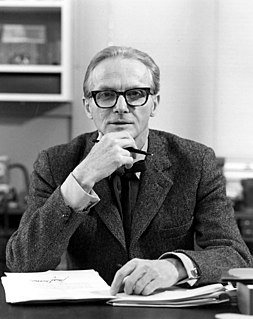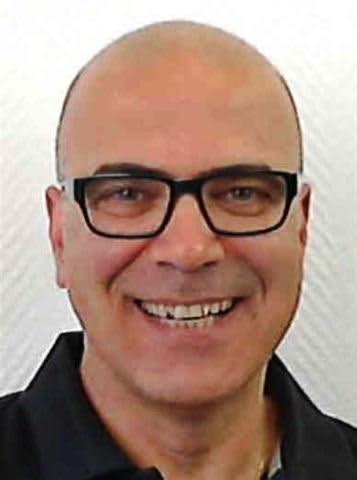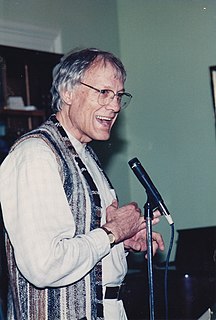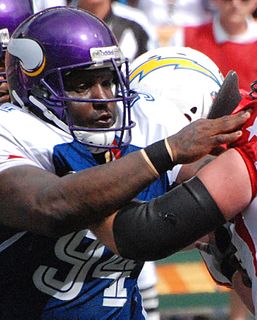A Quote by Amitava Kumar
In academe, we ought to temper our criticism of the idea of self-help because, in a more complex way, it is precisely what we offer our students through our teaching.
Related Quotes
Our schools offer no conception of the scientific process of discovery. They do not encourage creative thought, in fact, they stifle it through too much rigidity in teaching. If we set out to give as little help as possible to originality in science, we could hardly devise a better plan than our education system. Youngsters ought to be told what is unknown about ourselves and our universe as well as what is known.
You in the unions do not yet represent all of labor. But I hope some day you will, because I believe that it is through strength, through the fact that people who know what people need are working to make this country a better place for all people, that we will help the world to accept our leadership and understand that, under our form of government and through our way of life, we have something to offer them.
More than anything else, kindness is a way of life. It is a way of living and walking through life. It is a way of dealing with all that is-our selves, our bodies, our dreams and goals, our neighbors, our competitors, our enemies, our air, our earth, our animals, our space, our time, and our very consciousness. Do we treat all creation with kindness? Isn't all creation holy and divine?
In building a path through the self to the far shore of awareness, we have to carefully pick our way through our own wilderness. If we can put our minds into a place of surrender, we will have an easier time feeling the contours of the land. We do not have to break our way through as much as we have to find our way around the major obstacles. We do not have to cure every neurosis, we just have to learn how not to be caught by them.
The gift our enemy may be able to bring us: to see aspects of ourselves that we cannot discover any other way than through our enemies. Our friends seldom tell us these things; they are our friends precisely because they are able to overlook or ignore this part of us. The enemy is thus not merely a hurdle to be leaped on the way to God. The enemy can be the way to God. We cannot come to terms with our shadow except through our enemies.
I feel that for years of teaching in the country and reading criticism in books, I feel like the things most needed in our culture are the understanding of the meanings of our music. We haven't done that good of job teaching our kids what our music means or how we developed our taste in music that reminds us and teaches us who we are.
Teaching, like any truly human activity, emerges from one's inwardness, for better or worse. As I teach I project the condition of my soul onto my students, my subject, and our way of being together. The entanglements I experience in the classroom are often no more or less than the convolutions of my inner life. Viewed from this angle, teaching holds a mirror to the soul. If I am willing to look in that mirror and not run from what I see, I have a chance to gain self-knowledge-and knowing myself is as crucial to good teaching as knowing my students and my subject.
Parents ought, through their own behavior and the values by which they live, to provide direction for their children. But they need to rid themselves of the idea that there are surefire methods which, when well applied, will produce certain predictable results. Whatever we do with and for our children ought to flow from our understanding of and our feelings for the particular situation and the relation we wish to exist between us and our child.
Ours is the one ever-present voice in our lives. Therefore, it is crucial that our self-talk instill confidence within us and is supportive, not submerging, and that our attitudes toward ourselves help keep our spirits afloat through acceptance and trust. We are our own most important and influential buoy.






































